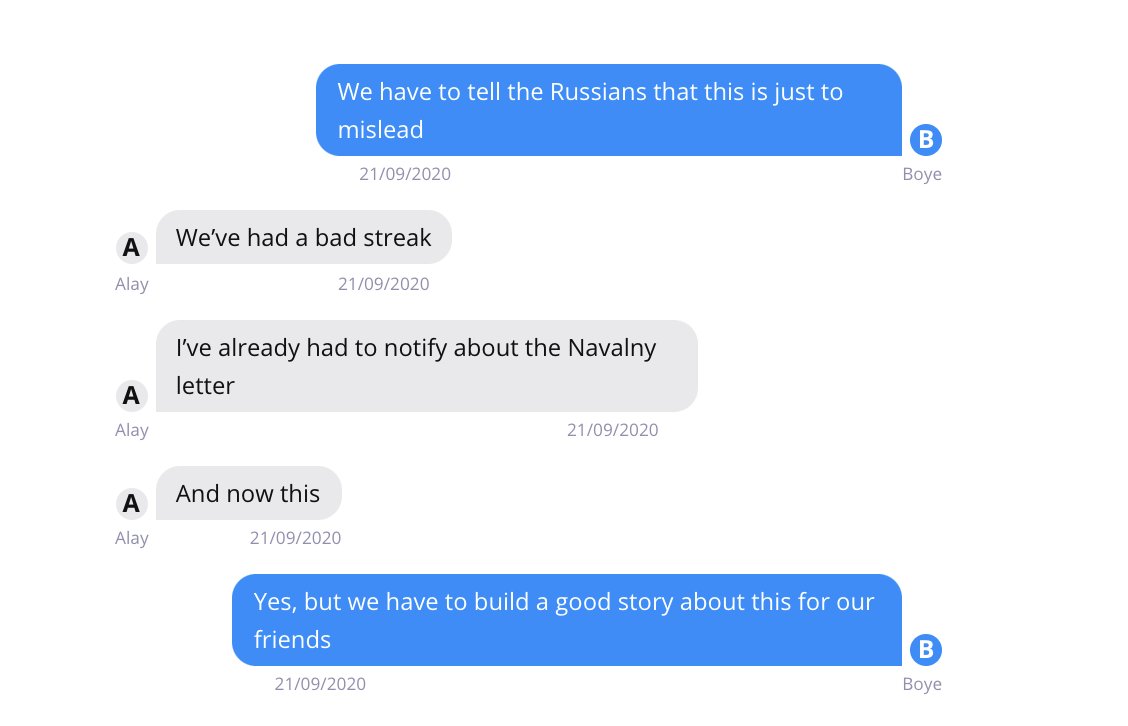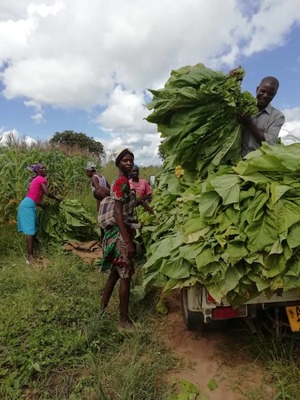
NEW: Messages obtained by police show how aides to Catalonian leader Carles Puigdemont tried to avoid angering Moscow by advising him to avoid sensitive human rights issues, including the poisoning of Russian opposition leader Alexei Navalny. 1/5
occrp.org/en/investigati…
occrp.org/en/investigati…
Western experts and officials have accused Russia of meddling in Catalonia as part of a broader strategy to fuel discontent in the EU. Russian disinformation and contacts with separatists were especially apparent in the run-up to the region’s 2017 independence referendum. 2/5
The newly revealed text messages show that the Catalan separatists continued seeking Russian support well into 2020, tailoring a communications strategy that would avoid mention of the Belarusian opposition, Navalny, and Edward Snowden. 3/5 

“A tweet from the president in favor of Navalny could appear at any moment,” the head of his office warned. “Yes, the biggest problem is Belarus… for our position,” the president’s lawyer replied. “And that kills us.” 4/5
The messages also show that the head of Puigdemont’s office discussed pro-Russian narratives with a senior Russian official, and pushed for a businessman accused of working for Russian intelligence to be named as ambassador of the Barcelona Chamber of Commerce in Moscow. 5/5
• • •
Missing some Tweet in this thread? You can try to
force a refresh









